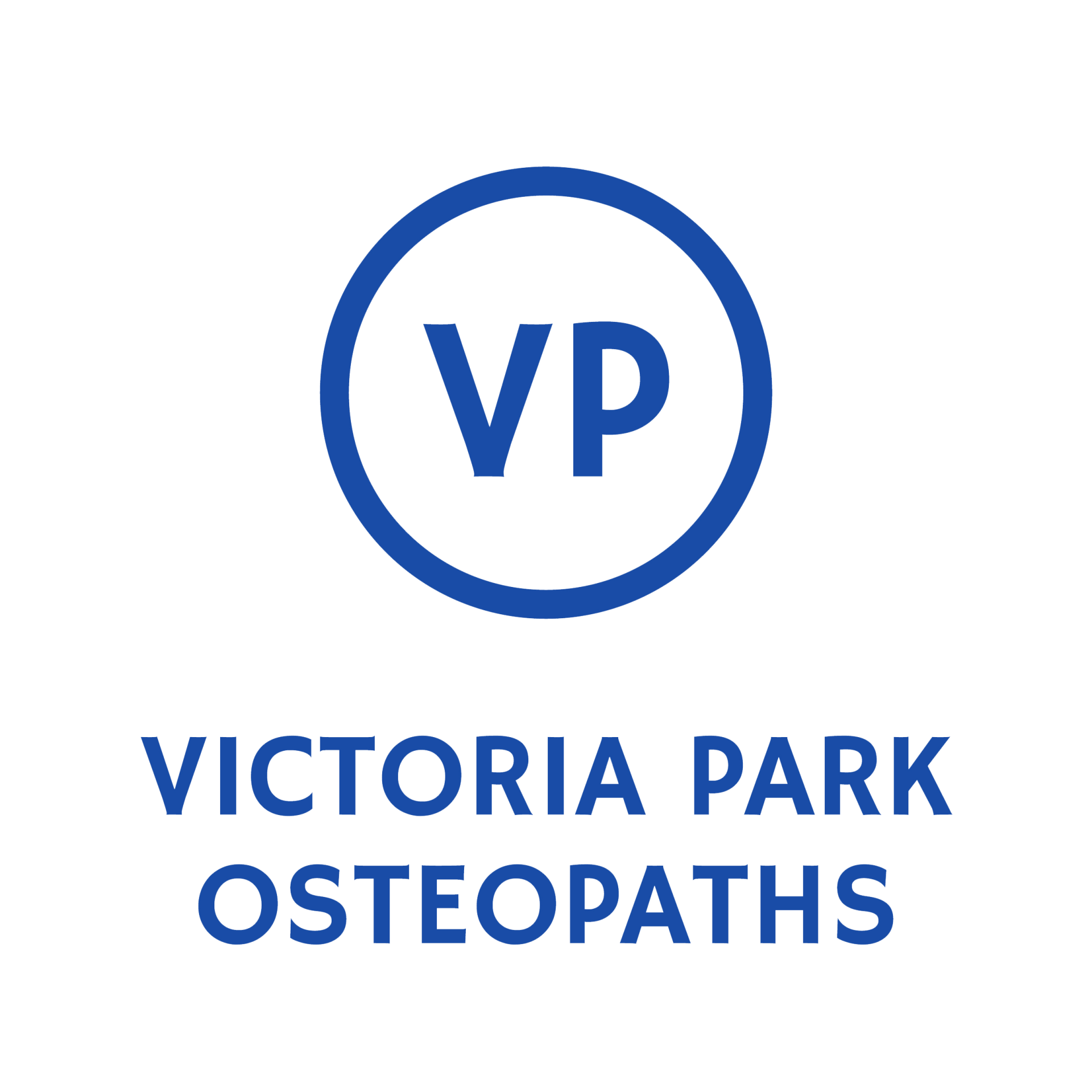What is Frozen Shoulder (Adhesive Capsulitis)?
Frozen shoulder, also known medically as “adhesive capsulitis,” is a condition in which the shoulder joint becomes stiff and painful. Over time, the capsule (a connective tissue envelope around the joint) thickens, tightens, and develops adhesions (bands of scar-like tissue). This restricts movement, making everyday tasks like combing hair or reaching for a shelf very difficult.
It often develops gradually and may go through phases:
- Freezing phase (pain and gradual loss of motion)
- Frozen phase (stiffness predominates, pain may reduce)
- Thawing phase (motion gradually returns)
The total duration from onset to full recovery may last 1–3 years (though many improve sooner with management).
Symptoms & What You May Experience
You might notice:
- Gradual but persistent shoulder pain, sometimes worse at night
- Progressive stiffness: difficulty moving the arm up, back, across the body, or overhead
- Reduced range of motion (e.g. trouble reaching behind your back)
- Pain at rest, especially in the early “freezing” phase
- Muscle weakness (due to decreased use)
Because the shoulder is very mobile normally, even small losses of motion can feel very limiting in daily life.
What causes Frozen Shoulder?
The exact cause is often unclear, but there are common associations:
- A period of shoulder immobilisation (after injury, surgery, or fracture)
- Diabetes (higher incidence in people with diabetes)
- Thyroid problems
- Shoulder injury, rotator cuff disease, or inflammation
- Older age, and being female (slightly more common in women)
- Often, no single trigger is found — it’s thought to result from inflammation, fibrosis (scarring), and capsular contraction.
How We Help (At Victoria Park Osteopaths)
At our clinic, our approach is holistic, hands-on, and tailored. We aim to reduce pain, restore mobility, and support your recovery so you can regain function. Typical methods include:
- Manual therapy & Joint Mobilisations: Gentle movements to improve gliding of the capsule, reduce stiffness, and restore range
- Soft Tissue Techniques: Working on muscles, ligaments and fascia around the shoulder, neck and upper back to reduce tension and help movement
- Exercise & Rehabilitation: Guided stretching and strengthening programmes — starting gently, progressing as motion improves
- Education & Self-management: Advice on posture, daily ergonomics, safe movement, and activity modification
- Adjunctive Modalities (as needed): e.g. heat, cold therapy, taping or gentle acupuncture to help with pain and muscle guarding
We’ll work closely with you to pace recovery and support your progress through each phase of the condition.
Recovery Time & What to Expect
- Many patients see noticeable improvement within 3 to 6 months with active treatment
- Full recovery (return of most shoulder motion) can take 12–36 months
- Your adherence to home exercises, movement strategies, and pacing matters a lot
- Occasionally, when conservative measures aren’t sufficient, medical interventions (e.g. corticosteroid injection, hydrodilatation, or surgery) are considered — we will help liaise with your doctor if needed
When to Seek Medical Review / Red Flags
While frozen shoulder is usually benign with good prognosis, you should consult a GP or specialist if:
- Sudden sharp or severe pain
- Fever, chills, systemic symptoms
- Rapid swelling or deformity
- Numbness, tingling, or signs of neurological involvement
- Failed to improve after 6–12 months of guided conservative treatment


